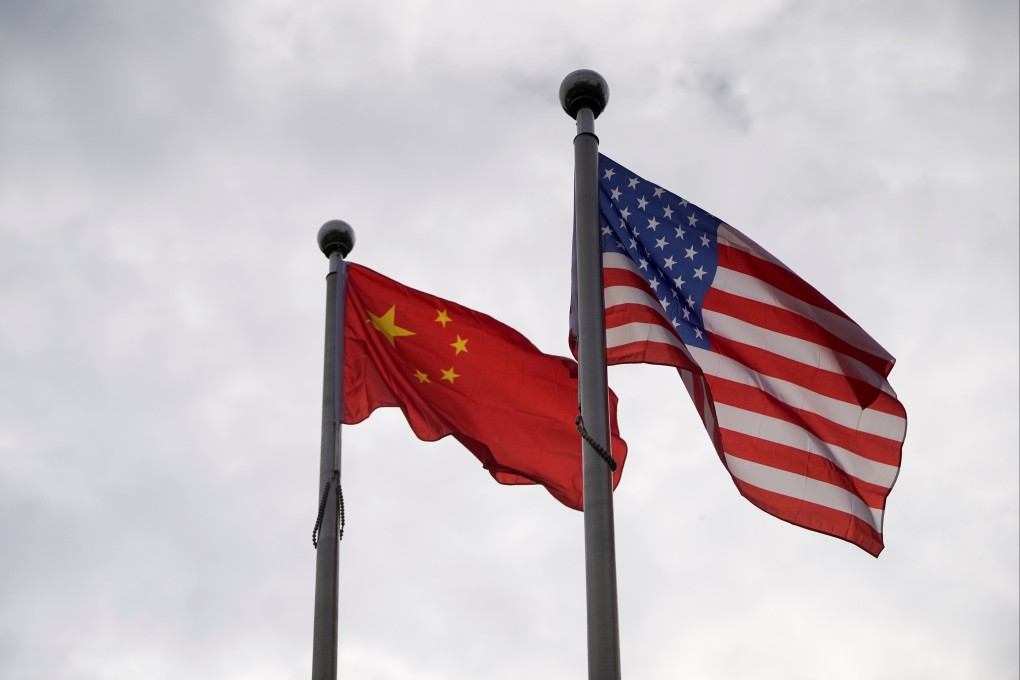Opinion | Echoes of the past in the uncertain future of China-US ties
- The insight of American sinologist Michel Oksenberg is just as relevant today as it was 30 years ago
- Beijing is facing anti-Chinese sentiment in the West and leaders feel under siege in ways similar to the aftermath of the 1989 Tiananmen Square crackdown

In an article in Foreign Affairs magazine in 1991 called “The China Problem”, Oksenberg closely examined China’s domestic and international conditions and dissected the thinking of Chinese leaders. More importantly, he raised a set of salient questions that can still be asked today to understand what the future holds for US-China ties.
Among the biggest questions was whether the leaders of the United States and China are locked in a Greek tragedy, unable to act on the vision that brought the countries together in the 1970s.
Oksenberg, who played a key role in bringing about the normalisation of the US-China ties in 1979, was not only an American authority on China, but before his death in 2001, he was also a mentor to many leading China experts including Elizabeth Economy and David Shambaugh. In 2002, former US president Jimmy Carter credited Oksenberg as the person who “changed my life – and changed the life of this country, and to some degree changed the life of every citizen of China”.
